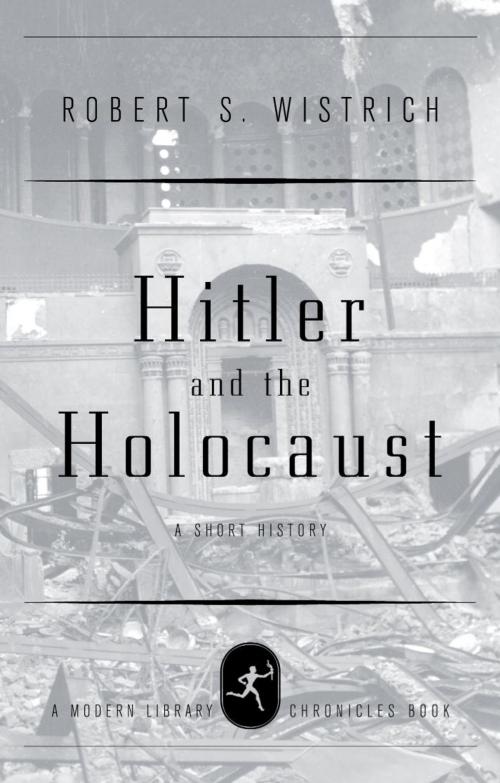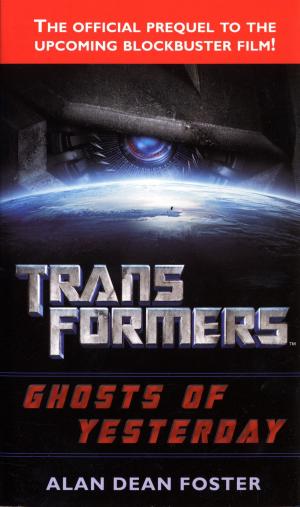| Author: | Robert S. Wistrich | ISBN: | 9781588360977 |
| Publisher: | Random House Publishing Group | Publication: | November 6, 2001 |
| Imprint: | Modern Library | Language: | English |
| Author: | Robert S. Wistrich |
| ISBN: | 9781588360977 |
| Publisher: | Random House Publishing Group |
| Publication: | November 6, 2001 |
| Imprint: | Modern Library |
| Language: | English |
Hitler and the Holocaust is the product of a lifetime’s work by one of the world’s foremost authorities on the history of anti-Semitism and modern Jewry. Robert S. Wistrich begins by reckoning with Europe’s long history of violence against the Jews, and how that tradition manifested itself in Germany and Austria in the early twentieth century. He looks at the forces that shaped Hitler’s belief in a "Jewish menace" that must be eradicated, and the process by which, once Hitler gained power, the Nazi regime tightened the noose around Germany’s Jews. He deals with many crucial questions, such as when Hitler’s plans for mass genocide were finalized, the relationship between the Holocaust and the larger war, and the mechanism of authority by which power–and guilt–flowed out from the Nazi inner circle to "ordinary Germans," and other Europeans. He explains the infernal workings of the death machine, the nature of Jewish and other resistance, and the sad story of collaboration and indifference across Europe and America, and in the Church. Finally, Wistrich discusses the abiding legacy of the Nazi genocide, and the lessons that must be drawn from it. A work of commanding authority and insight, Hitler and the Holocaust is an indelible contribution to the literature of history.
Hitler and the Holocaust is the product of a lifetime’s work by one of the world’s foremost authorities on the history of anti-Semitism and modern Jewry. Robert S. Wistrich begins by reckoning with Europe’s long history of violence against the Jews, and how that tradition manifested itself in Germany and Austria in the early twentieth century. He looks at the forces that shaped Hitler’s belief in a "Jewish menace" that must be eradicated, and the process by which, once Hitler gained power, the Nazi regime tightened the noose around Germany’s Jews. He deals with many crucial questions, such as when Hitler’s plans for mass genocide were finalized, the relationship between the Holocaust and the larger war, and the mechanism of authority by which power–and guilt–flowed out from the Nazi inner circle to "ordinary Germans," and other Europeans. He explains the infernal workings of the death machine, the nature of Jewish and other resistance, and the sad story of collaboration and indifference across Europe and America, and in the Church. Finally, Wistrich discusses the abiding legacy of the Nazi genocide, and the lessons that must be drawn from it. A work of commanding authority and insight, Hitler and the Holocaust is an indelible contribution to the literature of history.















